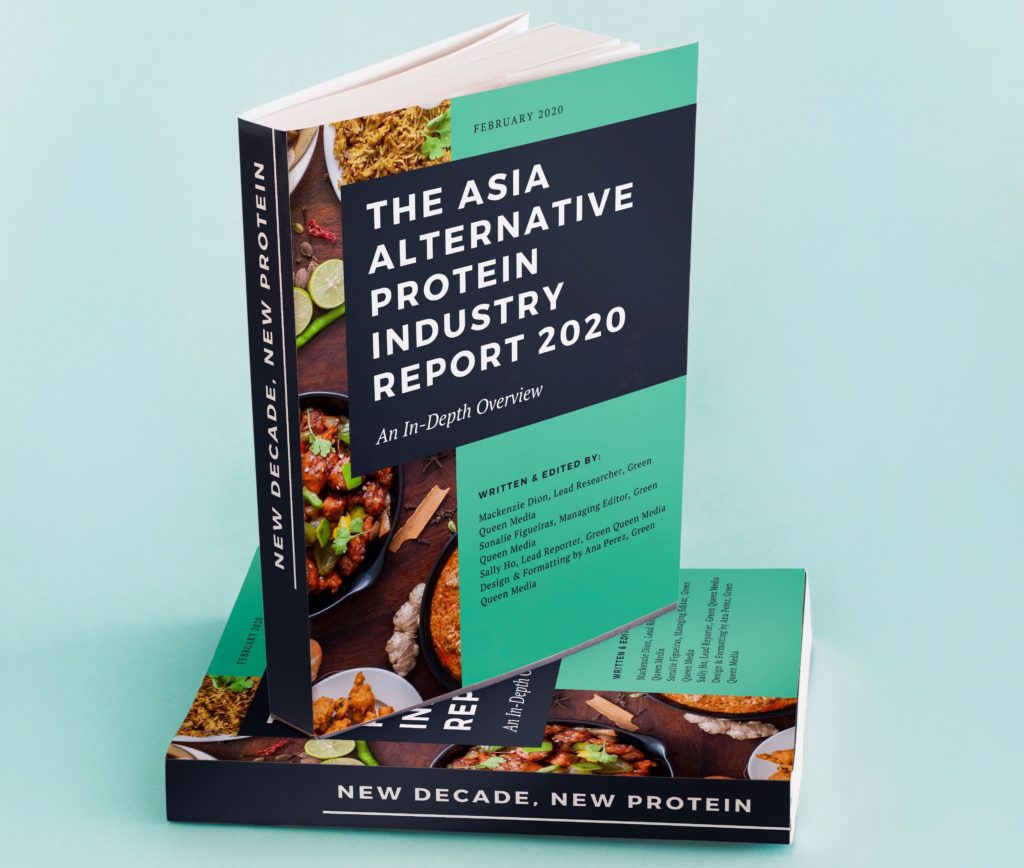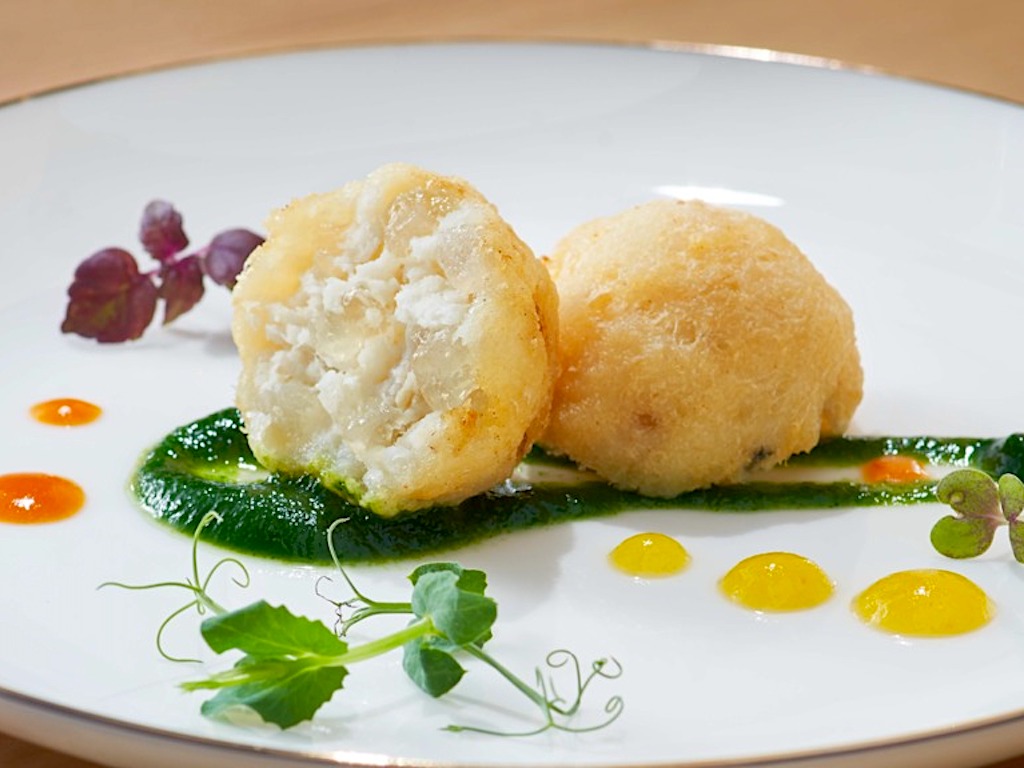Supportive Government Means First Commercial Cultivated Food May Just Happen In Asia, Report Says
3 Mins Read
According to the Asia Alternative Protein Industry Report, the first commercially available cultivated food might just happen right here in Asia. While recognising that Asia’s alternative protein development is still in its early stages, the report, which is the first comprehensive overview of the region’s emerging new food economy, predicts a positive outlook for cultivated meat to launch in Asia.
Given the growing number of food techs vying to meet the challenges of a food insecure future in Asia, an issue that the region is acutely vulnerable to due to rapid urbanisation and population rise, it is likely that the first cultivated meat product will first land in the Asian market. This is according to a new report involving a total of over 50 discussions and 35 one-on-one interviews with alternative protein founders, investors and other stakeholders.
Documenting Asia’s new protein scene, which is the sector’s fastest-growing region globally with annual growth is predicted to be 9.3% until 2026, the report finds that the region’s governmental support for the clean meat industry will help pave the way for cultivated proteins to land in Asia before any other region in the world.
Chinese authorities and Singaporean government, in particular, have shown interest in cultivated food technologies. This may mean that commercial sales may be approved in the region before similar legislation is passed by the United States and Israel, where cultivated products are also being developed.
The report additionally highlights highlights the number of clean meat “2.0” food techs already working to scale-up their products. One of the key cities poised to lead the emerging food tech ecosystem in Asia is Singapore, where government support and funding has been a vital underpinning. The city-state has recently launched an S$100 billion (US$72 billion) plan to prepare itself for the effects of the climate crisis, and food innovation is considered a crucial element to combat the inevitable climate-related challenge of food security.
This has spawned a number of groundbreaking clean meat startups in Singapore, such as Shiok Meats’ cell-based shrimp that will help combat plastic pollution, species extinction and food traceability issues and TurtleTree Labs’ world’s first lab-grown dairy and human breast milk. Both startups’ founders were consulted and interviewed as a part of the report.
Right now, one lab-grown shrimp product by Shiok Meat costs around US$300 to produce, but the startup is actively working on cutting costs to US$50 for each kilogram by the end of this year by signing a new low-cost deal for the nutrients needed to grow seafood cells. In a recent interview, the company’s CEO Sandhya Sriram said that they are looking to bring its product to market as soon as next year, potentially making them the “first ever company to launch a cell-based meat product in the world.”
TurtleTree Labs have made similar bullish predictions about its product launch, revealing in a recent statement that they plan to launch the world’s first lab-grown breast milk by 2021 through partnering up with a number of major formula brands.
Developments aren’t only underway in Singapore, however. As the authors of the report write, a number of clean protein companies are making significant headway in Hong Kong and Japan as well. While Hong Kong is home to Avant Meats, a startup developing lab-grown fish maw, a prized culinary ingredient in traditional Chinese cuisine that has depleted fish species and is mired in traceability problems, Japan’s Integriculture uses cellular agriculture to develop salt and foie gras.

Want to know more about Asia’s alternative protein space? Download the first in-depth Asia Alternative Protein Industry Report: New Protein New Decade by Green Queen Media here.
Lead image courtesy of Avant Meats.




